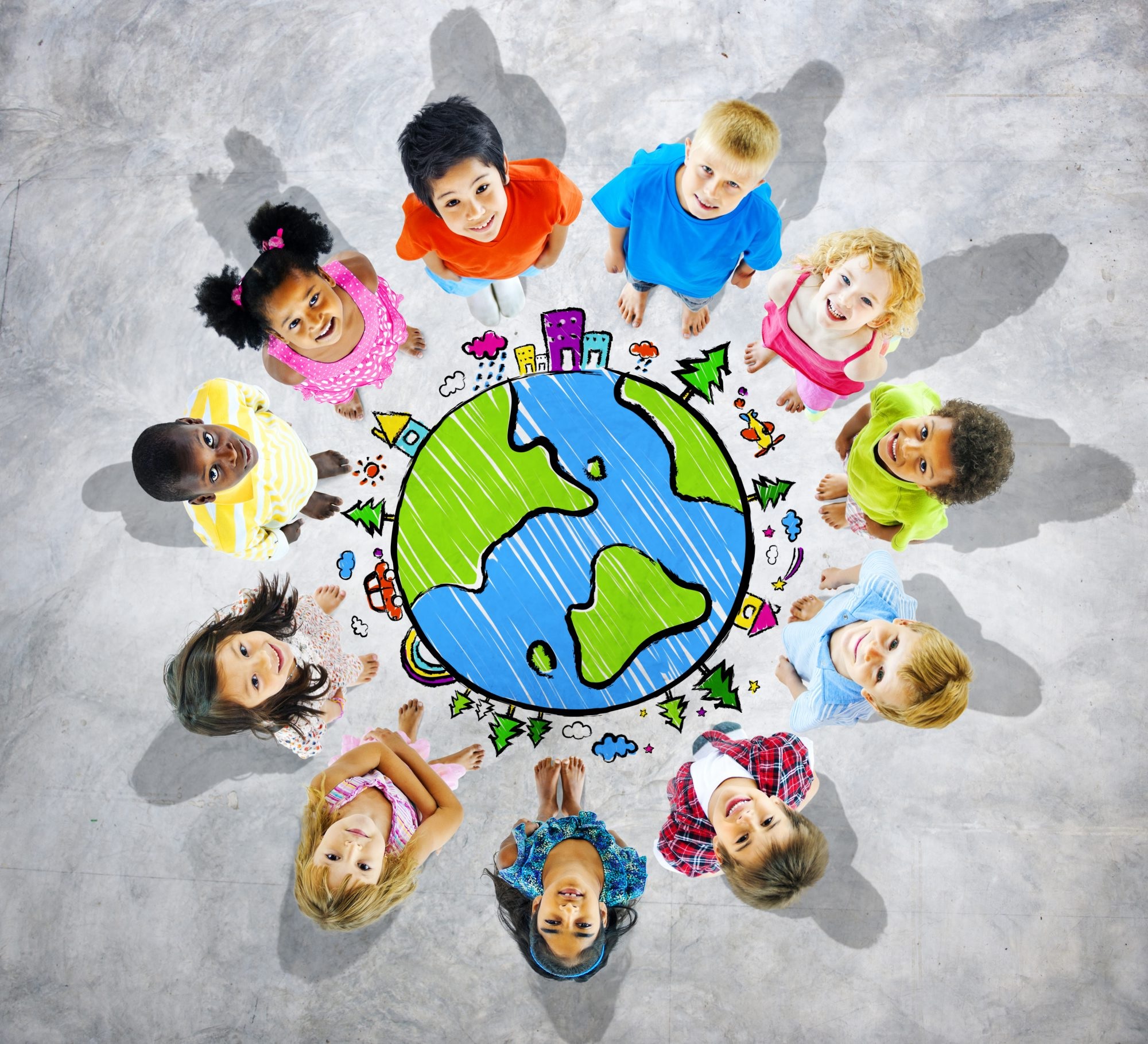
What does it mean to be a citizen? Being a citizen means more than just living in a country. Citizenship involves rights, responsibilities, and a sense of belonging. Citizens can vote, work, and receive protection from their government. They also have duties like obeying laws, paying taxes, and serving on juries. Citizenship can be acquired by birth, naturalization, or descent. Each country has its own rules for becoming a citizen. Some people hold dual citizenship, meaning they belong to two nations. Citizenship shapes identity and connects individuals to their community and country. Understanding citizenship helps us appreciate our role in society.
What is Citizenship?
Citizenship is a legal status that grants individuals rights and responsibilities within a country. It connects people to a nation, providing them with a sense of belonging and identity. Here are some fascinating facts about citizenship that might surprise you.
-
Dual Citizenship: Many countries allow dual citizenship, meaning you can be a citizen of two countries simultaneously. This can offer more travel freedom and access to services in both nations.
-
Naturalization: This is the process by which a non-citizen can become a citizen of a country. It often involves residency requirements, language proficiency, and knowledge of the country's history and government.
-
Birthright Citizenship: Some countries, like the United States and Canada, grant citizenship to anyone born on their soil, regardless of their parents' nationality.
Historical Perspectives on Citizenship
Citizenship has evolved over centuries, influenced by various cultures and political systems. Let's explore some historical aspects of citizenship.
-
Ancient Greece: In ancient Athens, only free men born to Athenian parents were considered citizens. They had the right to vote, own property, and participate in government.
-
Roman Empire: Roman citizenship was highly valued and could be granted to individuals or entire communities. It provided legal protection and the right to vote in Roman assemblies.
-
Medieval Europe: During the Middle Ages, citizenship was often tied to membership in a city or town. Citizens enjoyed certain privileges, such as trade rights and protection from feudal lords.
Modern Citizenship Rights and Responsibilities
Modern citizenship comes with a mix of rights and responsibilities that vary from country to country. Here are some key points.
-
Voting Rights: Citizens typically have the right to vote in national and local elections, allowing them to influence government decisions.
-
Military Service: In some countries, citizens are required to serve in the military for a certain period. This is known as conscription or mandatory military service.
-
Tax Obligations: Citizens are usually required to pay taxes to support public services and infrastructure. Tax rates and systems vary widely around the world.
Unique Citizenship Facts
Some citizenship facts are unique and quite intriguing. Here are a few that stand out.
-
Statelessness: Some people are stateless, meaning they do not have citizenship in any country. This can result from various factors, including discrimination, conflict, or changes in national borders.
-
Economic Citizenship: Some countries offer citizenship in exchange for significant financial investment. This is often referred to as "citizenship by investment."
-
Revocation of Citizenship: In rare cases, a country can revoke an individual's citizenship. This usually happens if the person has committed serious crimes or obtained citizenship fraudulently.
Citizenship and Globalization
Globalization has impacted citizenship in many ways, creating new opportunities and challenges. Let's look at some examples.
-
Global Mobility: Dual or multiple citizenships can enhance global mobility, allowing individuals to live, work, and travel more freely across borders.
-
Digital Nomads: Some countries offer special visas for digital nomads, allowing them to live and work remotely while enjoying the benefits of citizenship-like privileges.
-
Transnational Citizenship: This concept refers to individuals who maintain strong ties to more than one country, often through family, work, or cultural connections.
Fun Facts About Citizenship
Citizenship can also be fun and quirky. Here are some lighter facts to enjoy.
-
Longest Naturalization Process: Switzerland is known for having one of the longest and most rigorous naturalization processes, often taking over a decade to complete.
-
Citizenship by Marriage: Many countries offer a faster path to citizenship for individuals married to a citizen. However, this often comes with strict requirements and scrutiny.
-
Citizenship Tests: Some countries require applicants to pass a citizenship test, which can include questions about history, government, and even pop culture.
Citizenship in Pop Culture
Citizenship has made its way into movies, books, and TV shows, often highlighting its importance and complexities.
-
Movies: Films like "The Terminal" and "Green Card" explore themes of citizenship, immigration, and the challenges faced by those seeking a new nationality.
-
Books: Novels such as "Americanah" by Chimamanda Ngozi Adichie delve into the immigrant experience and the quest for citizenship in a new country.
-
TV Shows: Series like "Homeland" and "The Americans" feature characters dealing with issues related to citizenship, identity, and national loyalty.
Future of Citizenship
The concept of citizenship continues to evolve, influenced by technological advancements and changing political landscapes. Here are some forward-looking facts.
- Digital Citizenship: With the rise of the internet and digital platforms, the idea of digital citizenship has emerged, focusing on individuals' rights and responsibilities in the online world.
Citizenship Facts: The Final Word
Citizenship isn't just about where you're born. It's a complex mix of rights, responsibilities, and identity. From dual citizenship to naturalization, each aspect shapes how people interact with their country and the world. Knowing these facts can help you understand your own status better or even guide you if you're considering a change.
Remember, citizenship laws vary widely. Some countries allow dual citizenship, while others don't. Naturalization processes can be lengthy and challenging, but they offer a path to new opportunities. Also, don't forget the impact of global events on citizenship policies. Wars, treaties, and international agreements can all play a role.
Staying informed is key. Whether you're a student, a traveler, or someone looking to settle in a new country, understanding citizenship can make a big difference. Keep learning, stay curious, and always know your rights.
Was this page helpful?
Our commitment to delivering trustworthy and engaging content is at the heart of what we do. Each fact on our site is contributed by real users like you, bringing a wealth of diverse insights and information. To ensure the highest standards of accuracy and reliability, our dedicated editors meticulously review each submission. This process guarantees that the facts we share are not only fascinating but also credible. Trust in our commitment to quality and authenticity as you explore and learn with us.


